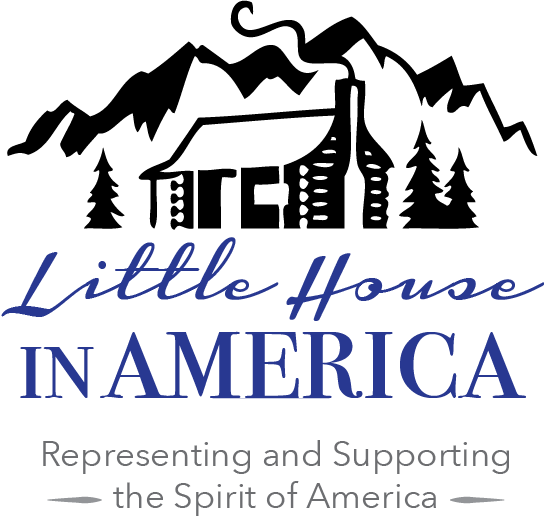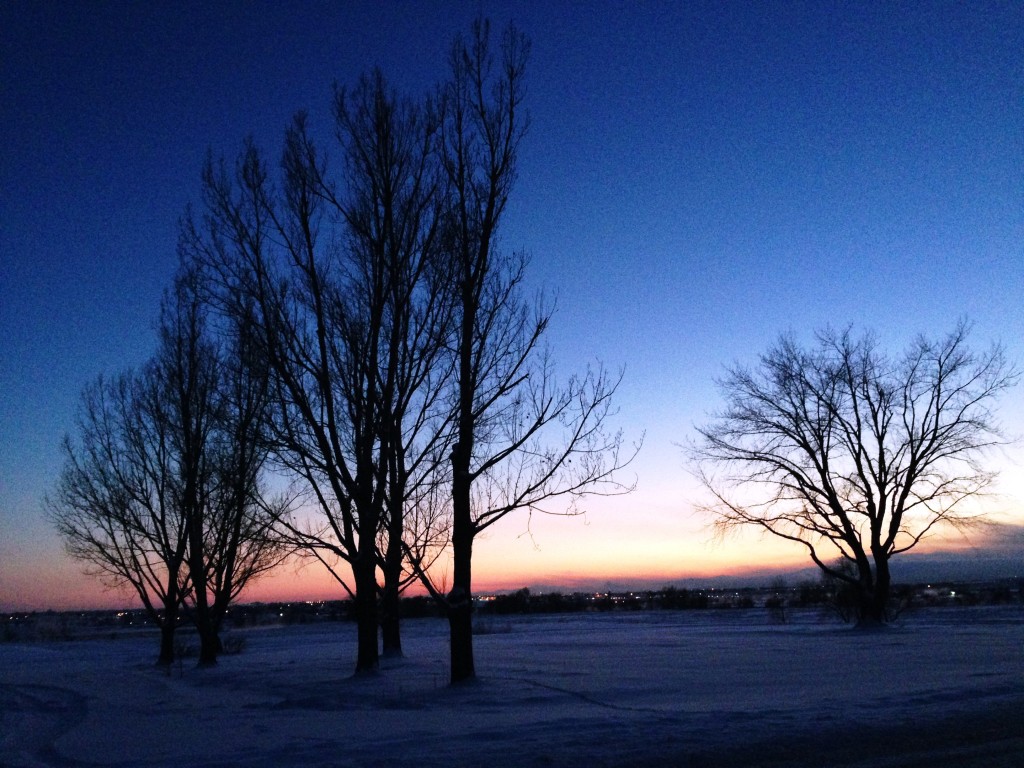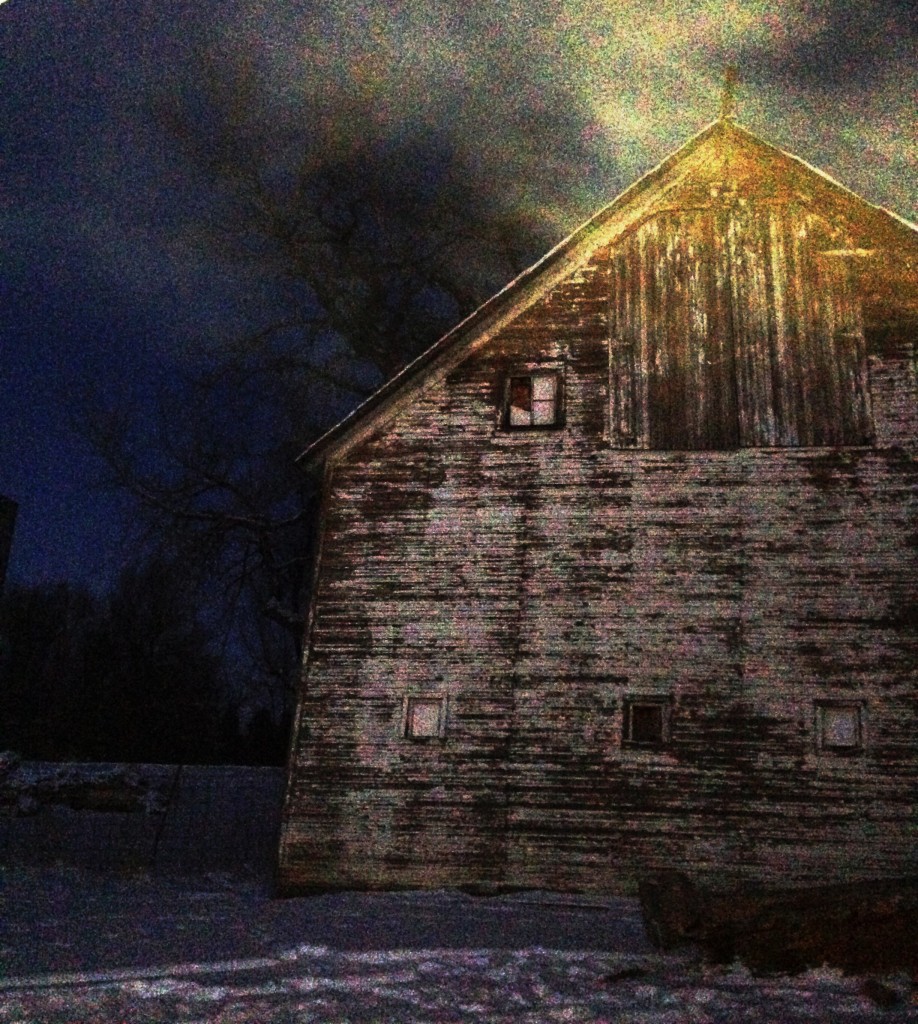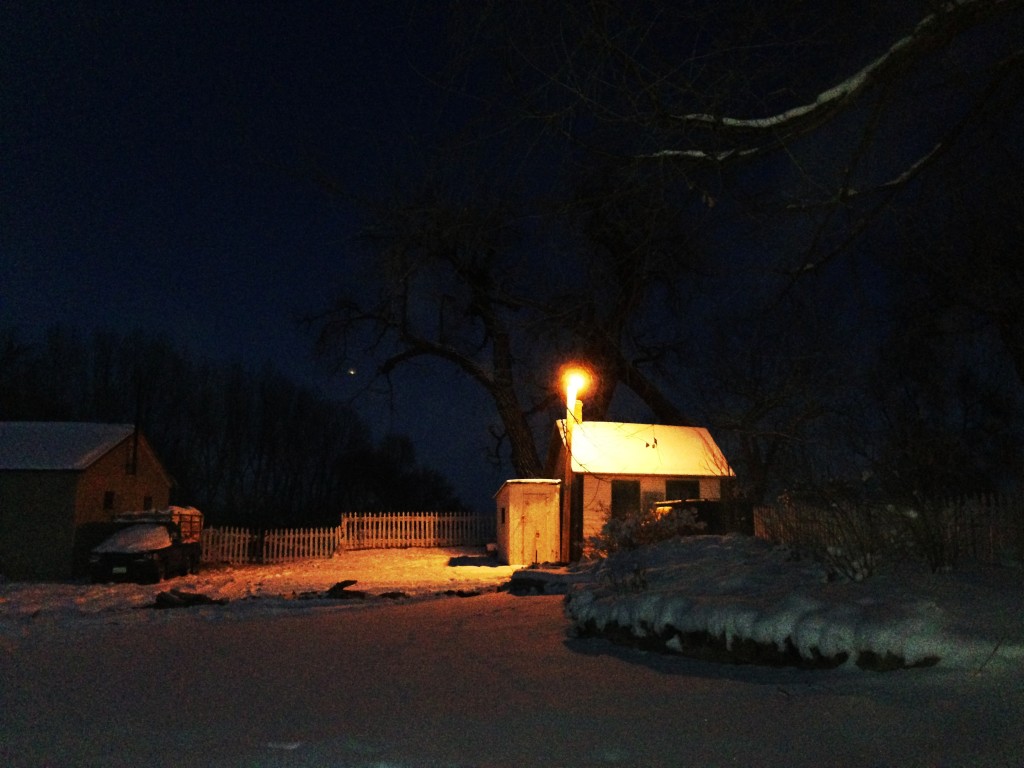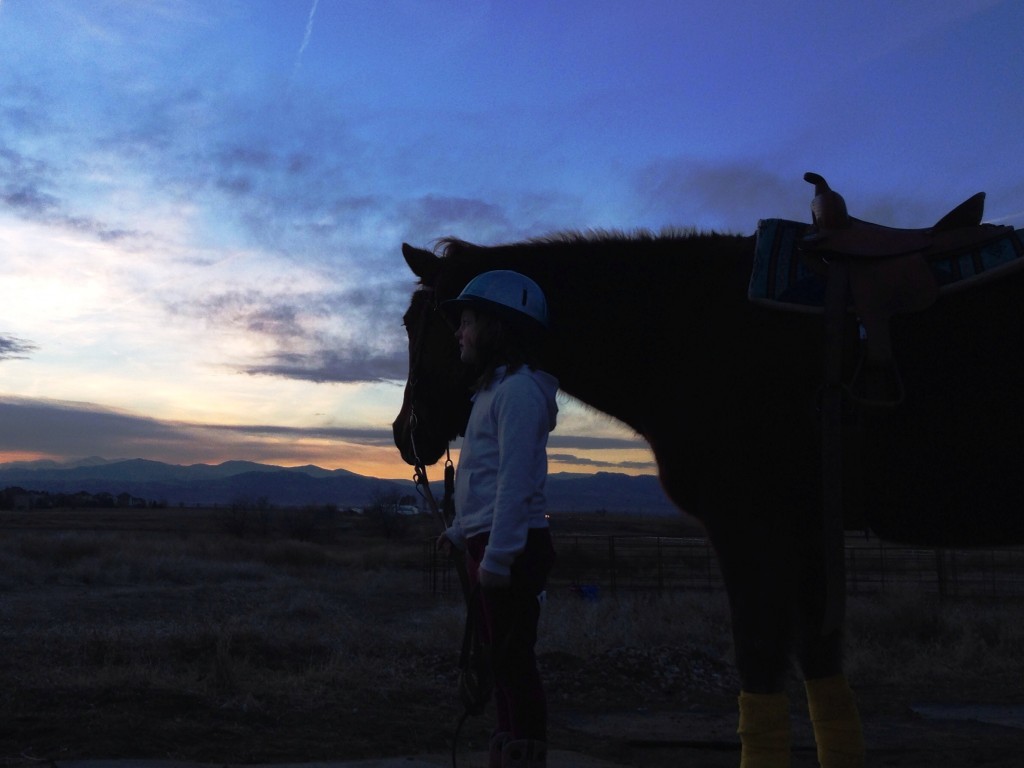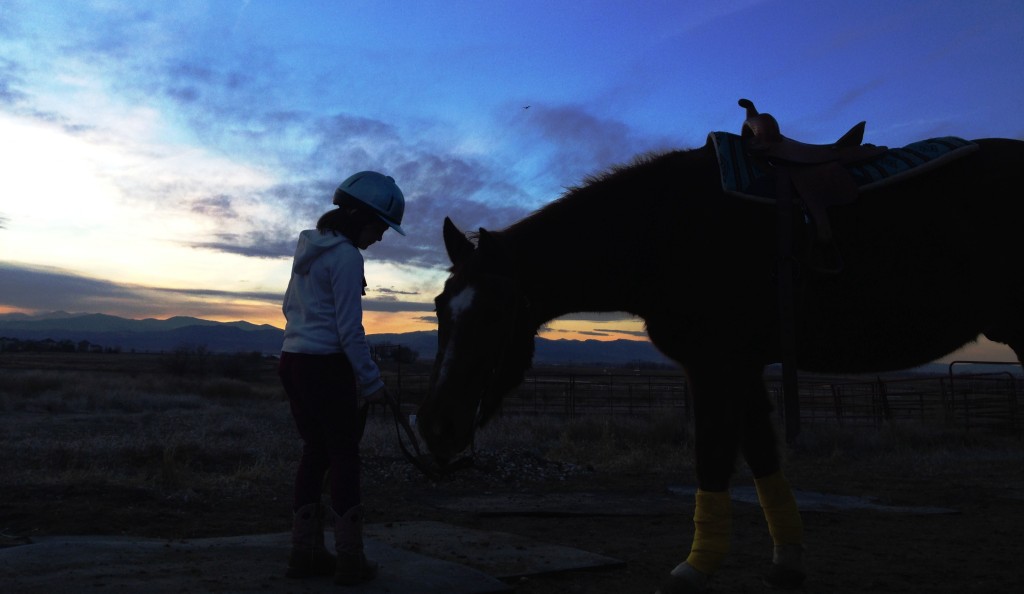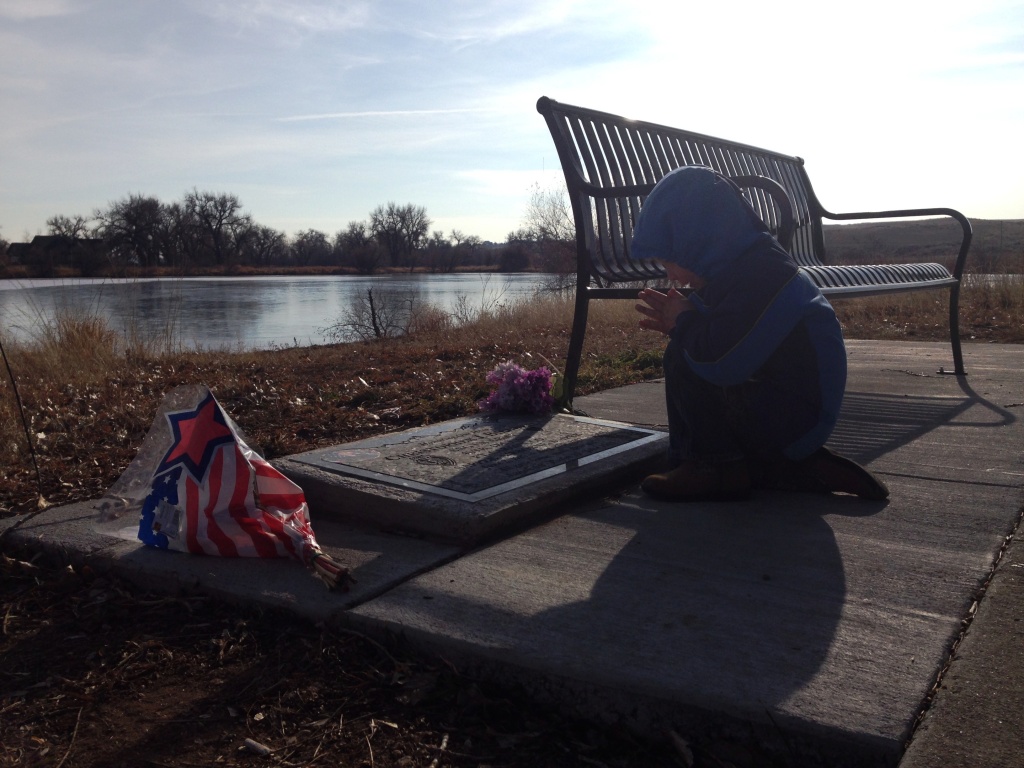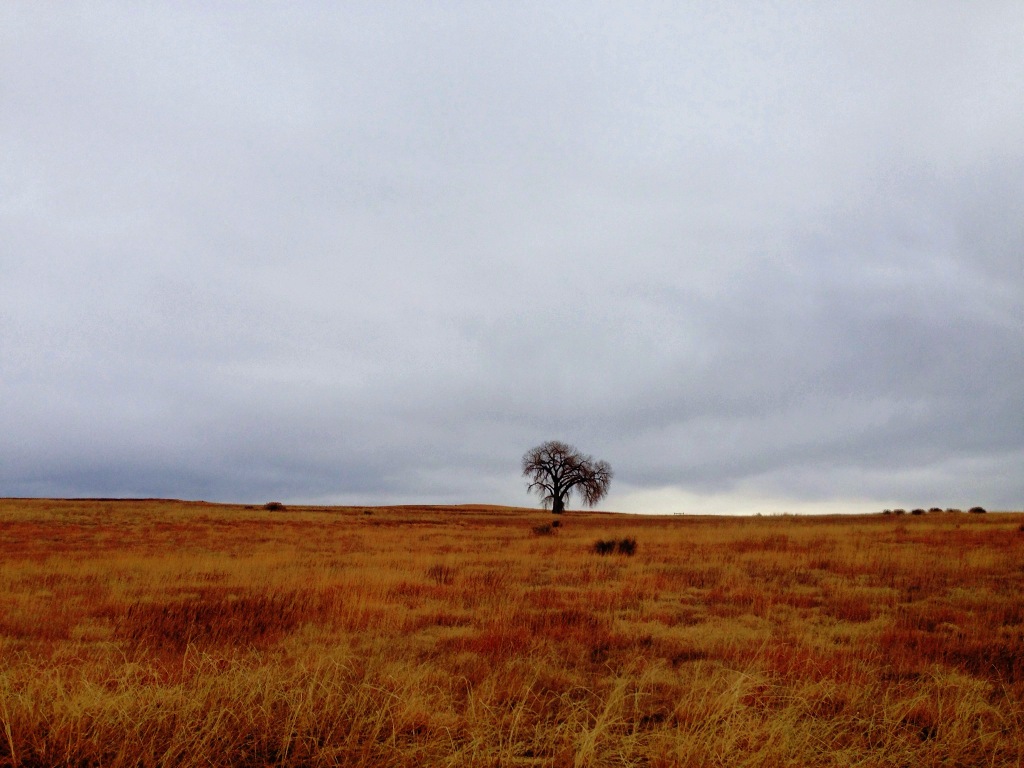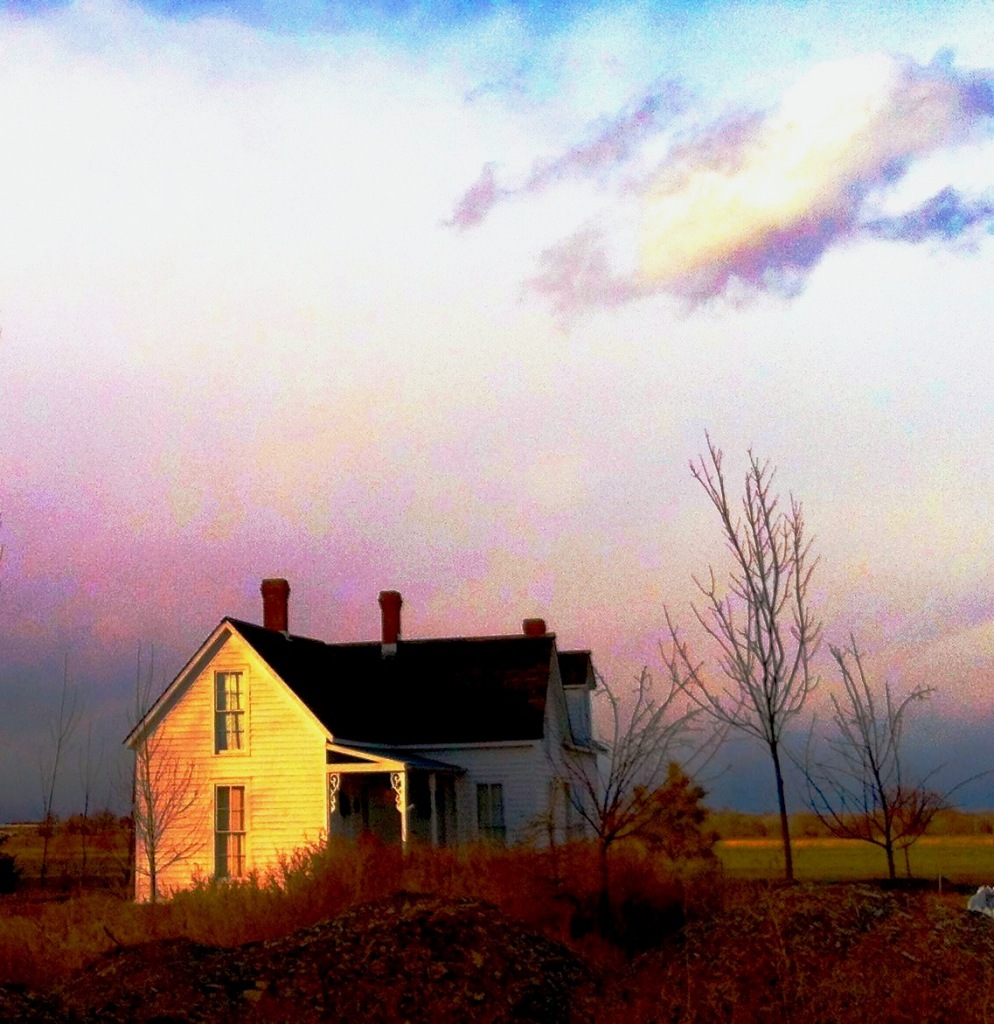Once every week,
always the night before school started, a Sunday,
she would line them up like toy soldiers
and brandish the sharp little cutters
too small for her arthritic knuckles.
The finger on her left hand where her wedding ring was permanently stuck
(and no longer necessary)
was bent like a timeworn back that hates to straighten
when she waved for them to stand still and stay upright
until she could examine the assemblage of dirt.
They hoped for just the right amount of filth
underneath their nails:
too much meant they hadn’t washed;
not enough meant they needed to work harder.
And then with a whoosh, her heavy fingers would zip through
ten
twenty
thirty
forty
fifty
sixty seventy eighty extremities
all of different shapes and sizes
and with similar amounts of loam,
determining them to be somewhat clean
and agreeably punctilious.
When they were done,
one by one she would look them in the eyes
and give their rears a push
that sent them flying towards the bath
to wash the country off their bodies
until it started to collect again,
as soon as they got out.
The woman with the bent fingers—
my grandmother—
would then gather her thoughts and sit down for five minutes
to do her own nails with a smile on her face,
examining the thick raised veins and ridges of callous
until it was time to keep on with the chores
and put the clippers away.
